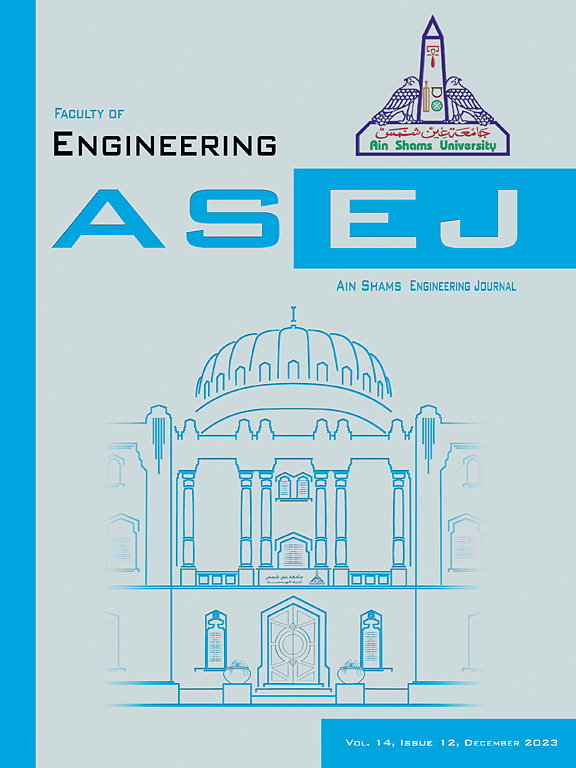基于倾斜积分导数的非线性两缸滑模控制
IF 5.9
2区 工程技术
Q1 ENGINEERING, MULTIDISCIPLINARY
引用次数: 0
摘要
由于不确定性和外界干扰,非线性动态过程的控制非常困难。为了获得更好的控制性能,需要采用先进的策略来提高跟踪精度和抗扰性。本文提出了一种新的倾斜积分导数滑模控制策略(TIDSMC),该策略将倾斜积分导数(TID)控制的快速响应和良好的噪声抑制与滑模控制(SMC)在处理外部干扰方面的鲁棒性相结合。将所设计的TIDSMC用于非线性双罐系统的控制,并利用Lyapunov稳定性方法对其稳定性进行了验证。验证了TIDSMC在不同情况下的有效性和鲁棒性,包括变量参考、外部干扰、参数不确定性和噪声影响。此外,通过与其他技术在误差和时间响应性能指标方面的比较分析,对TIDSMC的性能进行了评估。对比结果清楚地显示了响应的显著改善,并突出了所开发的TIDSMC技术的优越性。本文章由计算机程序翻译,如有差异,请以英文原文为准。
Tilt Integral Derivative-Based Sliding Mode Control for Nonlinear Two Interacting Tanks
Controlling nonlinear dynamic processes presents serious difficulties due to uncertainties and external disturbances. For better control performance, advanced strategies are required to enhance tracking accuracy and disturbance rejection. This study proposes a novel tilt-integral derivative sliding-mode control strategy (TIDSMC), which merges the benefits of tilt-integral derivative (TID) control for fast response and better noise rejection with the robustness of sliding mode control (SMC) in handling external disturbances. The designed TIDSMC is introduced for controlling a nonlinear two-tank system, and the stability is verified based on the Lyapunov stability method. Effectiveness and robustness of TIDSMC are verified for various scenarios, including variable reference, external disturbance, parameter uncertainties, and noise effect. Also, evaluation of TIDSMC’s performance is conducted through a comparative analysis with other techniques in terms of error and time response performance indices. The comparative results explicitly demonstrate significant improvements in the responses and highlight the superiority of the developed TIDSMC technique.
求助全文
通过发布文献求助,成功后即可免费获取论文全文。
去求助
来源期刊

Ain Shams Engineering Journal
Engineering-General Engineering
CiteScore
10.80
自引率
13.30%
发文量
441
审稿时长
49 weeks
期刊介绍:
in Shams Engineering Journal is an international journal devoted to publication of peer reviewed original high-quality research papers and review papers in both traditional topics and those of emerging science and technology. Areas of both theoretical and fundamental interest as well as those concerning industrial applications, emerging instrumental techniques and those which have some practical application to an aspect of human endeavor, such as the preservation of the environment, health, waste disposal are welcome. The overall focus is on original and rigorous scientific research results which have generic significance.
Ain Shams Engineering Journal focuses upon aspects of mechanical engineering, electrical engineering, civil engineering, chemical engineering, petroleum engineering, environmental engineering, architectural and urban planning engineering. Papers in which knowledge from other disciplines is integrated with engineering are especially welcome like nanotechnology, material sciences, and computational methods as well as applied basic sciences: engineering mathematics, physics and chemistry.
 求助内容:
求助内容: 应助结果提醒方式:
应助结果提醒方式:


